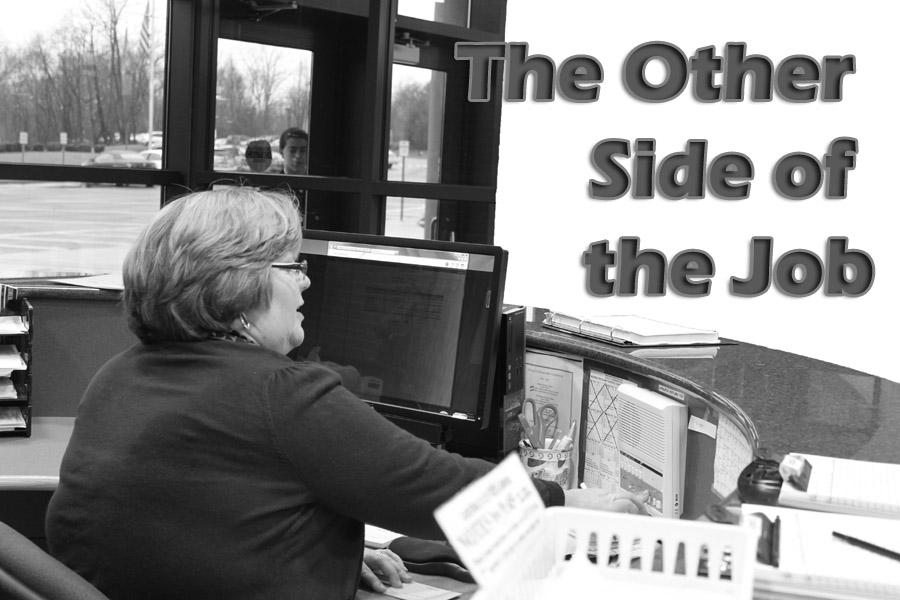On Friday Dec. 14, staff began the school day grading exploratory essays, patrolling the parking lot, or handing out passes to students who had slept through period three. Later, they left school knowing that 28 lives had been taken in an incident of extreme and unfathomable violence.
The Sandy Hook shooting resonated with teachers, counselors, and security staff at Staples. The shooting’s proximity – a mere 20 miles away – and location at an elementary school confirmed to staff the importance of their roles in protecting students.
For Principal John Dodig, the incident reaffirmed his role as a caretaker of students and staff. “I’m responsible for everyone in this building,” he said.
One teacher also felt a sense of accountability and a need to protect her students in light of the tragedy.
“(Since the Sandy Hook shooting) I’ve been very conscious about taking my keys with me. I checked my door to make sure the lock worked,” english teacher Heather Colletti Houde said.
“[Sandy Hook] just reinforces the way I feel as a teacher in terms of my responsibility to the students,” Colletti-Houde added. “It’s not just academic. It’s also in loco parentis. I’m not only an educator but also a protector of my students’ lives.”
For the security staff at Staples, students’ safety is paramount on a daily basis. Patty McQuone and David Dubois are responsible for manning the front desk and buzzing in students, parents, and visitors. DuBois felt that the incident made him think of the everyday duty more seriously way. “We’re being more diligent,” DuBois said.
Although her everyday routine has not changed, McQuone also emphasized thoroughness. She described an unfamiliar nanny who had come to drop off a student’s belongings. “I have to ask, I have to question what [the belongings] are. Now we have to be more concerned and more on top of things.”
McQuone viewed her role differently following the incident. “I feel more fearful now,” McQuone said. “If I let [anyone dangerous] in, and if anything happened, I would take the blame. It would be me who let them in the door.”
Security guard Nelson Alicea is also in charge of monitoring who goes in and out of the school. “In terms of security, I’m doing the same thing, but am I more observant? Probably yes,” Alicea said. On the Monday following the event, Alicea sensed a palpable tension in the air regarding security in and out of Staples grounds.
“When parents are coming in, they’re almost slowing down, stopping, letting me know, ‘Look I’m here, I’m on your grounds, and I’m legit,’” Alicea said. “You can feel the uneasiness.”
But beyond physical security, the Sandy Hook incident reaffirmed a need to support students’ mental and emotional wellbeing.
On Monday, guidance counselors circulated in the library and cafeteria to provide students with an opportunity to talk, not about early decision or AP classes, but about their reactions to the shooting.
“There is so much emphasis on college process that people forget the other functions that we can serve for kids,” guidance counselor Deborah Slocum said. “[The incident] has just confirmed for me the importance of there being a place and people available for students to talk to somebody.”
Carole Taney, a school psychologist, felt that the shooting underscored a need to deal with mental health issues. “There are a lot of caring people here who could be helpful if kids are feelings overwhelmed or alienated,” Taney said. “Students don’t always take advantage of this. That’s one of the things that I wish could be different.”














































